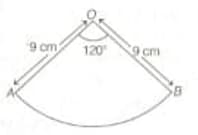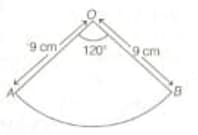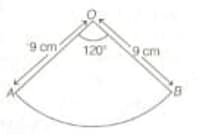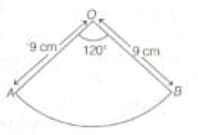Brijesh Dwevedi and Jitendra Gupta Solutions for Chapter: Surface Areas and Volumes, Exercise 3: Exam Practice
Brijesh Dwevedi Mathematics Solutions for Exercise - Brijesh Dwevedi and Jitendra Gupta Solutions for Chapter: Surface Areas and Volumes, Exercise 3: Exam Practice
Attempt the practice questions on Chapter 11: Surface Areas and Volumes, Exercise 3: Exam Practice with hints and solutions to strengthen your understanding. All in One Mathematics solutions are prepared by Experienced Embibe Experts.
Questions from Brijesh Dwevedi and Jitendra Gupta Solutions for Chapter: Surface Areas and Volumes, Exercise 3: Exam Practice with Hints & Solutions
A hemispherical bowl is made of thick brass. The inner radius of the bowl is . Find the inner and outer curved surface areas and volume of the bowl.
A spherical ball is divided into two equal halves. If the curved surface area of each half is , then find the volume of the spherical ball.
To maintain beauty of a monument, the students of the school cleaned and painted the dome of the monument. The monument is in the form of a hemisphere. From inside, it was white washed by the students whose area is , Find the volume of the air inside the dome.
To maintain beauty of a monument, the students of the school cleaned and painted the dome of the monument. The monument is in the form of a hemisphere. From inside, it was white washed by the students whose area is , find the volume of the air inside the dome, if white washing costs , how much does it costs?
A sector of a circle of radius and central angle of . It is rolled up so that the two bounding radii are joined together to form a cone.

the slant height of the cone.
A sector of a circle of radius and central angle of . It is rolled up so that the two bounding radii are joined together to form a cone.

the radius of the base of the cone.
A sector of a circle of radius and central angle of . It is rolled up so that the two bounding radii are joined together to form a cone.

the volume of the cone.
A sector of a circle of radius and central angle of . It is rolled up so that the two bounding radii are joined together to form a cone.

the total surface area of the cone.
